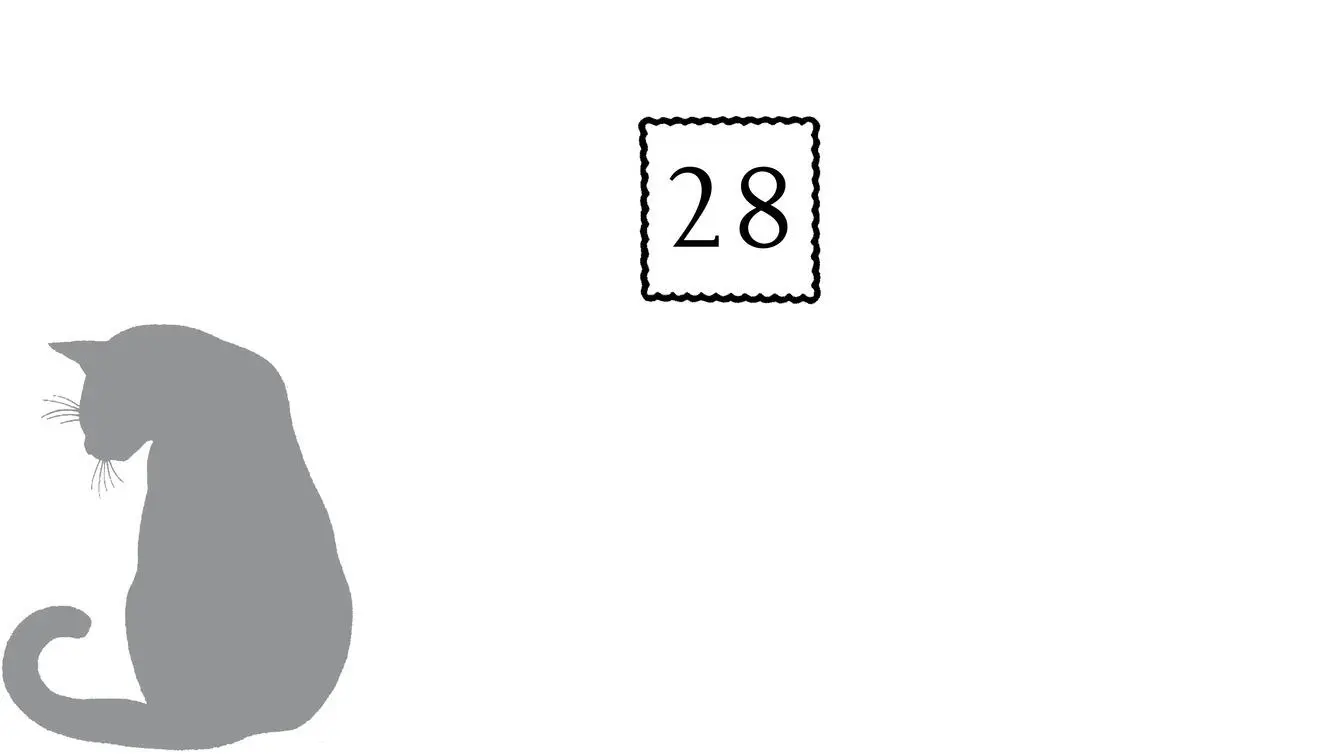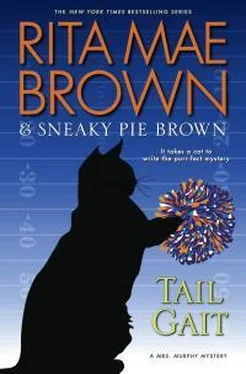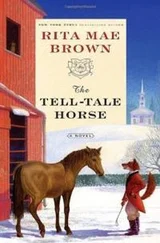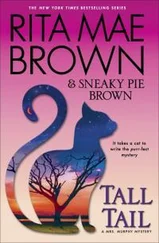“Today it’s the power of advertising.” Harry sighed.
Nelson chuckled. “Oh, I think there’s more to it than that. Hey, to change the subject, the boys and I took up a collection for Frank’s burial once the body is released. I was surprised—dumbfounded, really—at how a few of his teammates, ’75, still bore a grudge against the old reprobate and refused to chip in.”
“That’s depressing.”
“Some never forgave him for the showboating, all the press attention from so many years ago. A couple even said that if they hadn’t blocked for that S.O.B., he’d never have made all those touchdowns, never made All-American.”
“What do you think?” Harry wondered.
“I think in any sport, some are more talented than others, and some are in a class by themselves. Today, people would think of the Manning brothers. I remember their father, and he had it all. For me, it was thrilling to see Frank’s great talent. For others, not so much. Anyway, we scraped up enough to do right by him, and Marshall donated a burial plot. You know Marshall, he always goes the extra mile.”
“Nelson, I try to go the extra mile, but someone always finds me and brings me back.”
They signed off with laughter, Harry replacing the wall phone in its cradle. She sat down at the kitchen table, got up, sat down again.
“Make up your mind,” Pewter fussed.
Thinking the gray cat was hungry—she always was—Harry got up again and got everyone treats from the cabinet. Then she grabbed a Co-Cola, put ice in a glass, poured it, and once more sat at the table. She needed the caffeine and sugar.
Having brought the maps in with her, she studied them again, which fortified her belief as to how the Huber Landscaping truck had driven in without notice.
“She’s too quiet,” Mrs. Murphy observed.
“Never a good sign,” Tucker concurred.
Harry then thought about how lucky she was to live in a place where good men could throw in some money to bury another man who had made a shambles of his life.
Albemarle County was a good place with good people, except someone living here was a murderer.

May 4, 2015
Mrs. Murphy and Tucker had been right about Harry’s silence. Provoked by the loss of an old family friend, surprised at the murder of a washed-up football player, she was convinced she could ferret out important facts.
Taking out the list of books Frank had read in the last year, she called on Trudy. But before knocking on the front door, she examined the dwarf crepe myrtles along the drive. Trudy evidenced no surprise to see Harry watering her new shrubs at noon.
When Trudy politely asked Harry inside for a cool drink, Harry and Tucker happily accepted. Trudy liked company.
“The crepe myrtles are doing great.” Harry smiled. “Next year they’ll bloom even more. Of course, I selected the ones with heavy plumage. The trick is to get them rooted, secure, before the frosts come.”
“Fortunately, there’s a long time before that.” Trudy sipped a sweetened iced tea.
“True, but time goes so much faster than when I was in high school. Surprises me.”
“Wait until you’re my age. Whoosh. ” Trudy drew her hand over her head indicating a jet fighter. “Like a Blue Angel.”
“Mom said the same thing about time flying, but now it seems she died young.”
Trudy nodded. “Your mother had just turned fifty. Looked thirty.” She smiled. “A family trait. Your people never show their age.”
“Thank you.” Harry dropped her hand to pet Tucker. “Blue Angels reminds me, didn’t the government stop the flying during the financial crisis? I don’t know why I thought of that, the money, I mean.”
“Grandstanding.” Trudy grimaced. “I was shocked to hear about Frank Cresey, terrible though he was. But he was a kid spoiled by fame, I guess, and Olivia thought he was the greatest thing since sliced bread. He was handsome. But what a terrible end. Two murders. Why?”
“The sheriff’s department has made Ginger’s murder their top priority. Frank, well, it’s compelling, but…” Harry’s voice trailed off then she picked up the thread. “Would you mind terribly if I looked at Ginger’s office again? Would you go in with me? I’ll tell you why.” She reached into her jeans’ back pocket, retrieving the book list. “Look at this,” said Harry, explaining its significance.
Trudy’s blue eyes ran down the list. “There are some of Ginger’s books on this list. How odd. How very odd.”
Leading Harry down the hall, Tucker’s claws clicking behind them, Trudy opened the door, turned on the lights.
“May I?” Harry pointed to Ginger’s comfortable and expensive office chair.
“Of course.”
Harry noted the books on Ginger’s desk, the papers from Alexander Fraser, the British captain at Saratoga. She opened the long, flat drawer under the middle of the desk. Clean white papers, pencils, and a flat gray square rubber eraser.
“Where did Ginger keep most of his maps?”
“He was fussy about those.” She turned to an editor’s bin, long, thin rows of drawers. Most are metal, but Ginger bought a beautiful large, long cabinet in mahogany.
By her side, Harry asked, “The sheriff looked in here, I assume?”
“Did.” Trudy opened the top drawer. “Old maps are in this one, new ones are in lower drawers along the aerial photos. The second drawer contains old maps of the King’s Highway, which, still in use, runs from Charleston, South Carolina, to Boston. There’s one for the Fall Line Road, important to Virginia, as was the Great Valley Road. He’s also got the Pennsylvania Road and Braddock’s Road. The oldest one, used in 1651, was King’s Highway. The others were in use beginning in 1700, some mid-century. Travel was hard—punishing, really. The government used to take survey photos, oh, about every decade. Ginger liked to see the development over former battlefields, old homes. Now that people are more interested in preservation, it’s not so bad, but if you compare these maps, it’s disturbing. Here, I’ll show you.” Trudy bent down, opened a lower drawer to lift out a series of large maps, black-and-white photographs. “Look at this.”
The first aerial map of The Barracks and Barracks Farm Road was taken in 1920 by a private concern, not a government survey map.
“No Ivy Farms back then, no indoor arena at The Barracks. The brick house is there. Look how open things were. Then, just twenty years later.” Trudy laid out an aerial map of that. “Still pretty clean.”
“The country club is here on the right, across Garth Road,” said Harry. “Well, it was always there, but not as a country club, but now you can see the golf course. Wow, this is something.” She pulled the earlier map over this one again. “Even though it’s clean, you can’t see any remains of buildings or outlines on the fields.”
“They’d been cultivated for too long, I think.” Trudy returned those maps, moved up a drawer. “Now look at this. Nineteen eighty.”
“Well, I guess people need to live and they want to live grandly, but this is so sad. We’ve lost so much of our history. I mean, even the lovely old houses were torn down. Remember Rustling Oaks?” Harry inquired.
“I remember all of Berta Jones’s properties and those of her children. Everyone dead now, and most of the land chopped up. The sorrowful thing about the people that inherited most of the old estates is that they couldn’t run them. They cherished the country, but they didn’t know how to make money. Their forebears generated the money. My father always said, ‘The first generation makes the money. The second tries to keep it, and the third loses it.’ Simplistic, but there’s a lot of truth to it.”
Читать дальше













